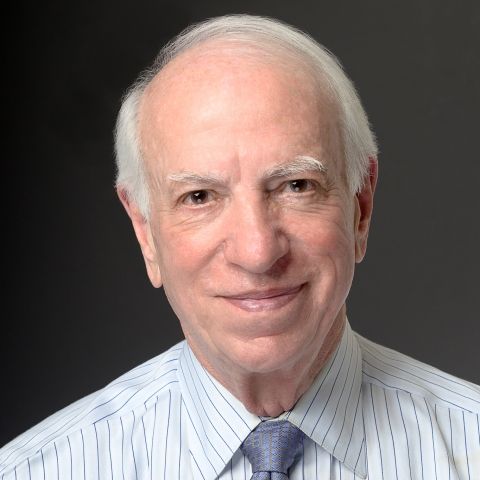
Semyon Gluzman and the Unraveling of Soviet Psychiatry
In 1971, Dr. Semyon Gluzman, a young Ukranian psychiatrist freshly out of medical training, wrote a report on the case of the dissident General Pytor Grigorenko, who had been prosecuted and found mentally nonresponsible in 1964, concluding that General Grigorenko had been hospitalized for political reasons and without any medical justification. In response to this direct challenge to the Soviet regime, Dr. Gluzman was arrested and charged with "antiSoviet agitation and propaganda" and was sentenced in October 1972 to seven years in a labor camp and three years of internal exile. While imprisoned, Dr. Gluzman persisted in calling attention to human rights violations in Soviet prisons and coauthored A Manual on Psychiatry for Dissidents (with Vladimir Bukovsky, 1974) as well as The Fear of Freedom (1978). Although reports had been circulating in the West for several years about the incarceration of political and religious dissenters in maximum-security psychiatric hospitals, Dr. Gluzman's imprisonment galvanized Western psychiatric associations into action, leading to condemnation of Soviet psychiatry bytheWorldPsychiatricAssociation (WPA) in 1977 and to an active campaign for the release of Dr. Gluz man and other dissenting psychiatrists.
Soviet psychiatric repression, representing a simultaneous violation of human rights and a breach of medical ethics, became a subject of intense concern in international human rights circles and in the world medical community. Throughout this period, however, Soviet psychiatric officials denied the charges and refused to permit international bodies to see the patients and hospitals in question. International criticism intensified. In 1983, the Soviet psychiatric association resigned from the WPA in the face of almost certain expulsion.